In industries where electrochemical processes play a pivotal role—such as water treatment, electroplating, and electrolytic hydrogen production—the selection of electrode materials is a critical consideration. A prominent discussion among industry professionals and researchers revolves around the comparative advantages of platinum and graphite as electrode materials.
At Ehisen Anode, where expertise centers on titanium anodes and electrodes, it is important to understand why platinum is frequently preferred over graphite. Such knowledge supports informed decision-making when selecting materials for specific applications.
This analysis delves into the key reasons why platinum often surpasses graphite in electrode performance, while also highlighting the adaptability and efficiency of titanium anodes—particularly those enhanced with platinum or other precious metal coatings—as a tailored solution for diverse industrial needs.

An Overview of Electrodes: Platinum Versus Graphite
Electrodes serve as essential elements in electrochemical cells, facilitating the transfer of electrons. The choice of electrode material demands careful evaluation of key factors such as electrical conductivity, corrosion resistance, and long-term durability.
Graphite, a carbon-based material, is commonly utilized across various applications due to its affordability and sufficient conductivity. In contrast, platinum, a highly valued precious metal, is renowned for its superior conductivity and unparalleled resistance to corrosion and chemical degradation.

Key Factors to Consider:
- Conductivity: Platinum offers significantly higher electrical conductivity than graphite, enabling more efficient electron transfer in electrochemical processes.
- Corrosion Resistance: Platinum demonstrates exceptional resistance to corrosion, even in harsh environments containing strong acids or bases, whereas graphite tends to degrade over time under similar conditions.
- Cost: While graphite is substantially more cost-effective than platinum, the latter’s extended lifespan and superior performance often validate its higher upfront expense in many applications.

Why Platinum is Favored Over Graphite in Electrochemical Applications
- 1.Superior Chemical Resistance
In electrochemical processes, electrodes are frequently exposed to highly corrosive substances. As a noble metal, platinum demonstrates exceptional resistance to corrosion, even in extreme acidic or basic environments. Conversely, graphite is susceptible to oxidation and gradual degradation under such conditions, reducing efficiency and necessitating frequent replacement. - 2.Higher Electrical Conductivity
Efficiency is a critical factor in electrolysis and other electrochemical reactions. Platinum’s superior electrical conductivity enables more efficient current transfer compared to graphite, resulting in faster, more reliable performance. In applications such as hydrogen production, this higher efficiency can yield substantial energy savings over time.

- 3.Durability and Longevity
Electrodes must withstand demanding environments without frequent replacements. Platinum’s inherent durability and resistance to wear make it highly suitable for high-temperature and corrosive applications. In contrast, while graphite is a more economical option initially, its shorter lifespan and frequent replacements make it less viable in operations requiring long-term reliability. - 4.Stable Electrode Potential
Platinum boasts a stable electrode potential, delivering consistent and precise results in electrochemical reactions. Graphite, on the other hand, can exhibit variability in electrode potential, potentially compromising the precision needed in industries like electroplating and water treatment.
Applications Where Platinum Excels
- Electroplating: Platinum electrodes play a vital role in applications demanding precise electroplating. Their exceptional stability and ability to maintain consistent current make them ideal for plating high-value metals such as gold and silver.
- Hydrogen Production: In electrolytic hydrogen production, platinum’s outstanding conductivity and resistance to chemical degradation enhance efficiency and contribute to long-term cost savings.
- Laboratory Research: Platinum electrodes are widely favored in university and industrial research laboratories, where precision, reproducibility, and resistance to contamination are essential for reliable experimental outcomes.
Titanium Anodes: A Versatile and Cost-Effective Alternative
At Ehisen Anode, the importance of selecting the most suitable electrode material for each application is well understood. While platinum offers unmatched performance in many scenarios, its higher cost can be a limiting factor. Titanium anodes, especially those coated with platinum, present an optimal solution by balancing performance and affordability.

Advantages of Platinum-Coated Titanium Anodes:
- Lightweight and Durable: Titanium, as a strong and lightweight metal, exhibits excellent corrosion resistance similar to platinum. When enhanced with a platinum coating, these anodes deliver the same high-level performance as pure platinum electrodes but at a significantly lower cost.
- Customizable Efficiency: Titanium anodes can be tailored with specific coatings to meet the unique demands of various electrochemical processes. This customization ensures the desired performance is achieved without incurring the expense of pure platinum materials.
- Environmentally Friendly: By utilizing titanium anodes, waste is minimized, and operational efficiency is improved, promoting more sustainable and eco-friendly industrial practices.
These characteristics make platinum-coated titanium anodes a preferred choice in industries such as water treatment and electroplating, where both performance and cost-effectiveness are critical.
Advantages of Titanium Anodes in Modern Industry
- Water Treatment: Titanium anodes deliver reliable, long-term performance in chlorine and oxygen evolution reactions, which are essential for processes such as water disinfection and wastewater treatment.
- Electrolytic Hydrogen Production: As industries transition toward green hydrogen as a renewable energy source, platinum-coated titanium anodes provide the durability and efficiency required for sustainable and cost-effective hydrogen production.
- Cathodic Protection: In cathodic protection applications, titanium anodes effectively prevent the corrosion of pipelines, storage tanks, and other critical infrastructure, significantly extending the lifespan of valuable assets.
Graphite’s Role in Niche Applications
Although platinum and titanium anodes dominate most industrial applications, graphite retains its relevance in specific scenarios. Its affordability and acceptable performance make it suitable for:
- Basic electrolysis experiments.
- Applications where frequent electrode replacement is necessary and cost efficiency is paramount.
- Low-temperature, non-corrosive environments where chemical resistance and durability are less critical.
However, as industries increasingly prioritize long-term efficiency, sustainability, and precision, platinum and titanium anodes are becoming the preferred solutions for most electrochemical processes.
Conclusion: The Future of Electrodes
While graphite continues to serve certain applications, platinum electrodes stand out for their unmatched chemical resistance, superior conductivity, and durability. For industrial processes requiring peak performance, platinum remains the material of choice.
Nonetheless, titanium anodes, particularly those with platinum coatings, offer an innovative alternative by combining high performance with cost efficiency and versatility. These qualities make them an ideal solution for diverse applications, including electroplating, water treatment, and hydrogen production.
At Ehisen Anode, we specialize in providing customized titanium anode solutions tailored to your unique operational requirements. Reach out to us today to discover how our products can enhance your efficiency and sustainability.
For further information on our offerings, visit Ehisen Anode.

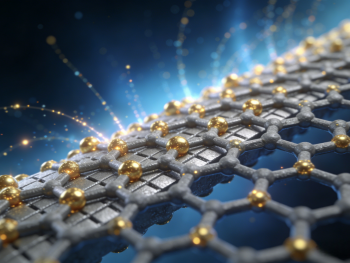
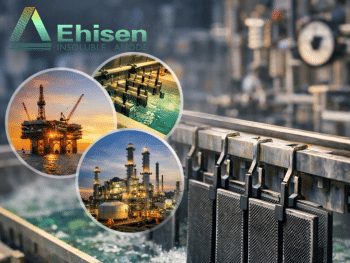

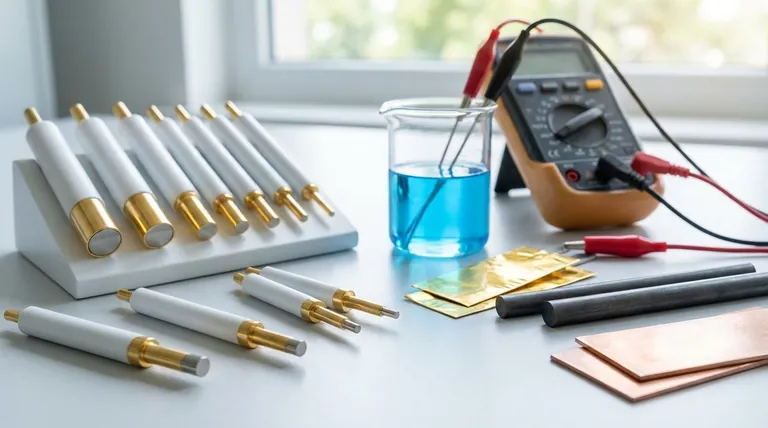
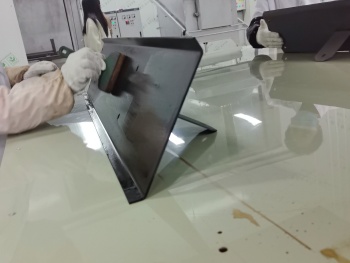
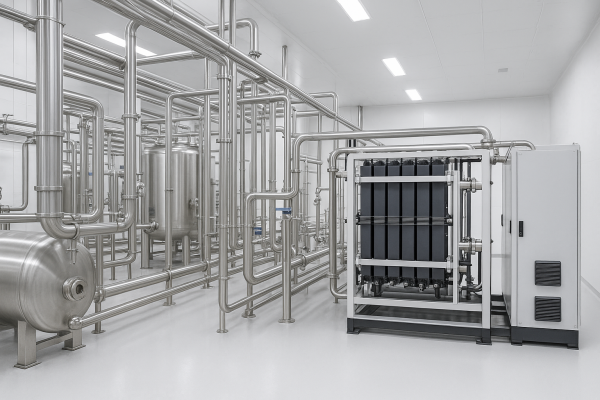



3 Responses
You’ve created something that resonates on many levels — intellectually, emotionally, and even spiritually.
Thank you for your reply. As a professional titanium anode manufacturer, we will share more relevant knowledge.
Good shout.